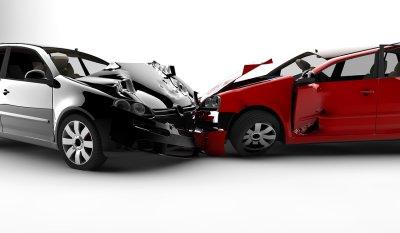Compensatory damages comprise the monetary award that is intended to compensate a car accident victim for his or her losses. When you visit a car accident attorney in Baltimore to discuss your case, he or she will advise you to keep careful track of all of your expenses that stem from the crash. You should document these expenses so that your injury attorney can prove your losses in court.

Medical Care
A car accident lawsuit typically requests compensatory damages for the plaintiff’s medical expenses. Severe car crash injuries can result in exorbitant medical bills, which may include the cost of diagnostic testing, hospitalization, specialist consults, surgery, and other medical treatments. Damages can also include the cost of purchasing or renting durable medical equipment, co-pays for medications, and expenses for physical therapy sessions. Plaintiffs should save all medical bills and receipts.
Property Damage
Car repairs or the replacement of a totaled vehicle can be added to the amount of compensation sought by a car accident lawsuit. The plaintiff can either be reimbursed for the necessary repairs or paid the equivalent of the fair market value of the lost property.
Lost Wages
It is not uncommon for car accident victims to miss time at work because of the accident and their recovery. Plaintiffs should thoroughly document their lost wages in order to request full compensation. Sometimes, a plaintiff might also seek compensation for the loss of future earning capacity. This applies in cases in which the plaintiff is expected to be permanently disabled-either partially or completely.
Pain and Suffering
Accident injuries can result in significant physical pain for victims. Some of them may even develop chronic pain because of their injuries. A personal injury lawsuit may seek reasonable compensation for the plaintiff’s pain and suffering, which might be documented by medical records and prescriptions for pain medications.
Emotional Distress
In particularly severe accident cases, plaintiffs might have the grounds to seek compensation for their emotional distress. Emotional distress can refer to any psychological injury that resulted from the accident, such as post-traumatic stress disorder (PTSD), insomnia, depression, or anxiety disorders.

